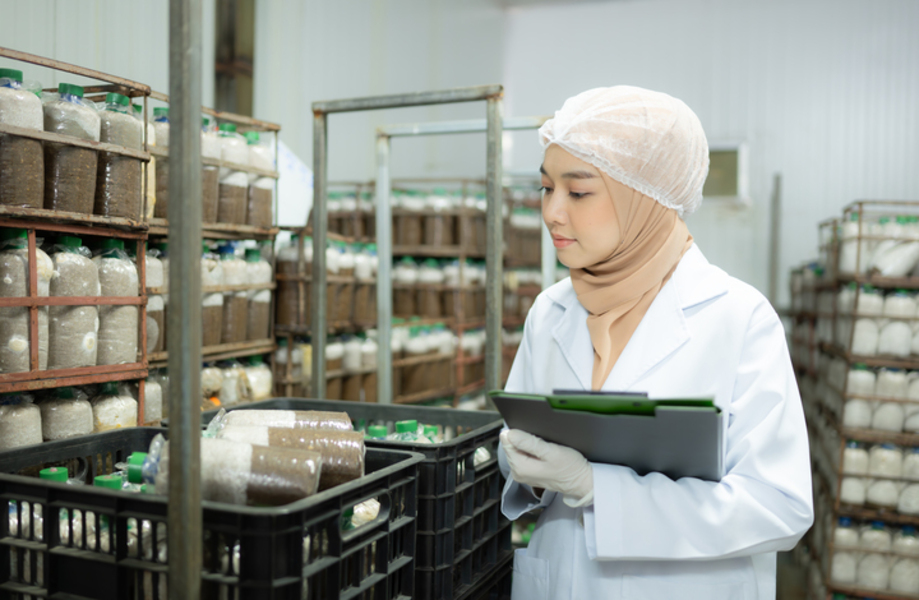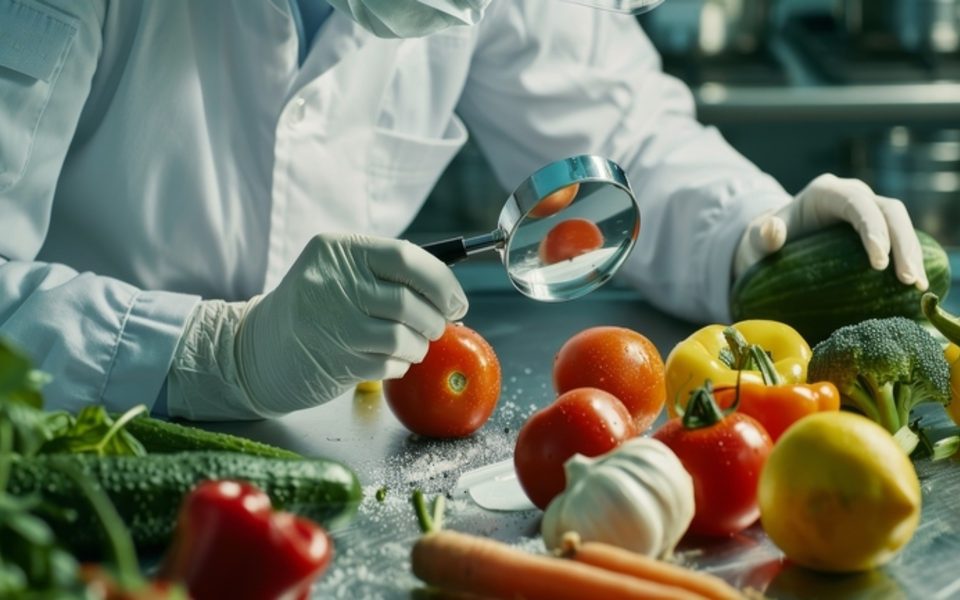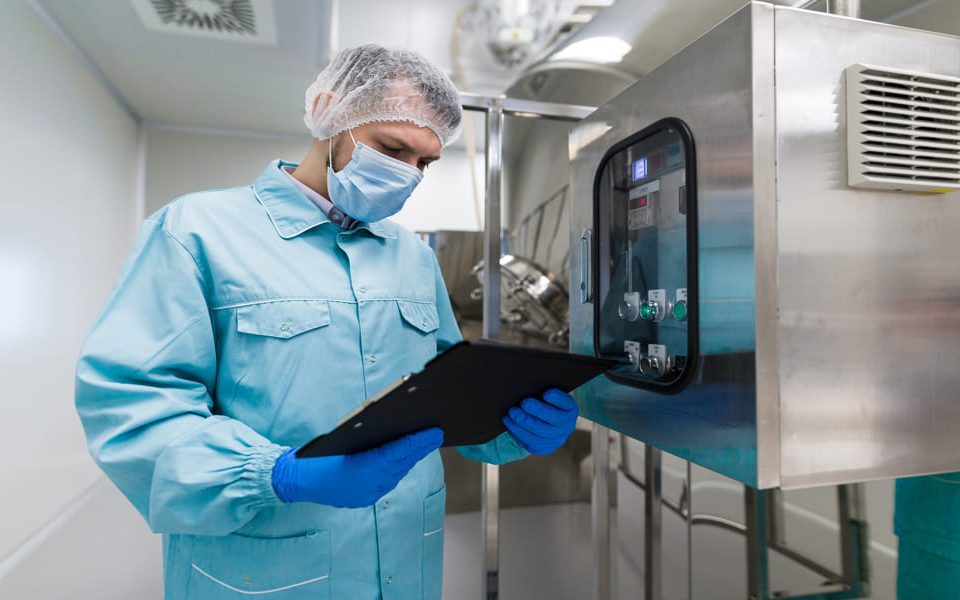Good Manufacturing Practice (GMP) is a system designed to ensure consistency and quality standards in producing products in Malaysia. It minimizes the risks involved in any pharmaceutical production that cannot be eliminated through testing the final product.
It is suitable for all kinds of organisations in various food industry, i.e. food manufacturers, food processors, logistics and packagers, beverage manufacturers, animal feed manufacturers, agriculture & food, pharmaceutical, etc.
GMP covers all aspects of production starting from the raw materials, premises, types of equipment used to the training, and personal hygiene of staff. It is also essential for each process to be documented in detail to ensure consistency in the quality of the finished product and those correct procedures are consistently followed at each step in the manufacturing process when products are being made.
Therefore, by being GMP compliant, facilities make a strong effort to create a safe, high-quality and sanitary environment together to strive for standards of creating safe and high-quality products for consumers.
Benefits of Having GMP Certification
There are a few key benefits for all stakeholders in the food industry to be certified with GMP certification:
- Prove the organization’s management capabilities in product quality, safety assurance
- Enable employees to develop good production/operations habits
- Increase food safety and prevent contamination
- Reduce cost with production and management problems being detected timely
- Better understand and comply with the relevant laws and legal regulations
- Consistently upholds the quality standard of food
- Enhance the international credibility and public brand image
- Increase customer’s long-term confidence in the organisation
The process to get GMP Certified:
It is vital for all manufacturers to be Good Manufacturing Practices (GMP) certified for any manufacturing facility’s success.
If you’re wondering how to get a GMP certification, be aware there are several lengthy steps involved in the process, but it will all be worth it to increase consumers’ confidence in your enterprise for the long term when they see a GMP-certified logo on your product.
- Getting GMP certification requires filling out an application, which includes some essential details about your organization.
- The review of an application has been completed.
- An examination
- Review of the documentation.
- The award of certification.
- Report on the surveillance audit.Throughout the process of getting GMP certified, organizations must meet a high level of compliance through self-evaluations of SOP (Standard Operating Procedures), comprehensive facility inspections, or audits, as well as GMP-related documentation.
And after an auditor issues certification, a company must continue to demonstrate its commitment to current GMP (cGMP) standards. As this certification displays an ongoing responsibility of going above and beyond to ensure quality products, it will be beneficial for marketing and the company's reputation.
How can One Island consultancy help you?
One Island Consultancy is an industry leader in third-party certification and verification.
Since XXX, we help certify food safety management systems against Good Manufacturing Practices requirements to prepare for inspections by regulatory authorities and other stakeholders.
The process will help you to ensure regulatory compliance while demonstrating your knowledge of the importance of producing and trading safe, quality food.
Contact One Island to learn more about the GMP certification process.





